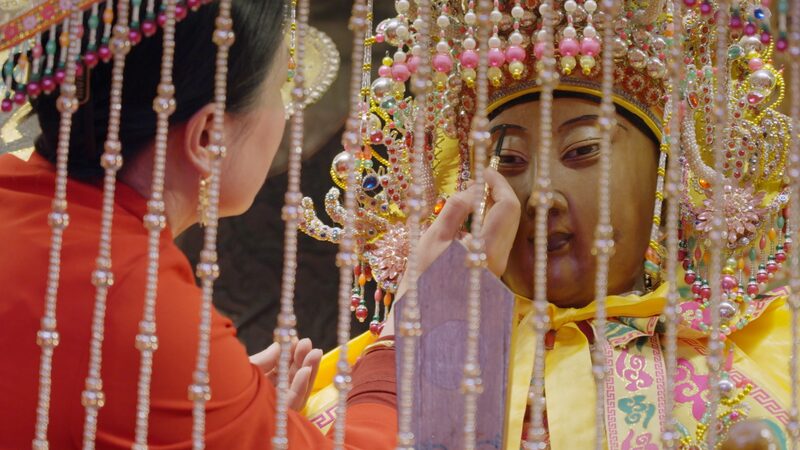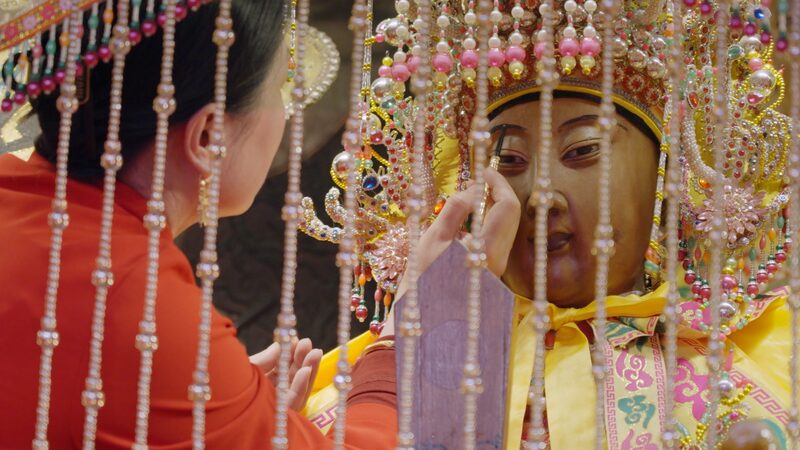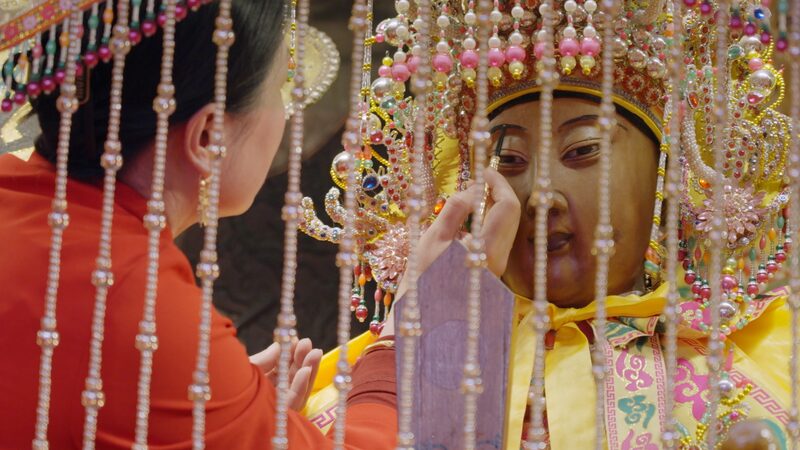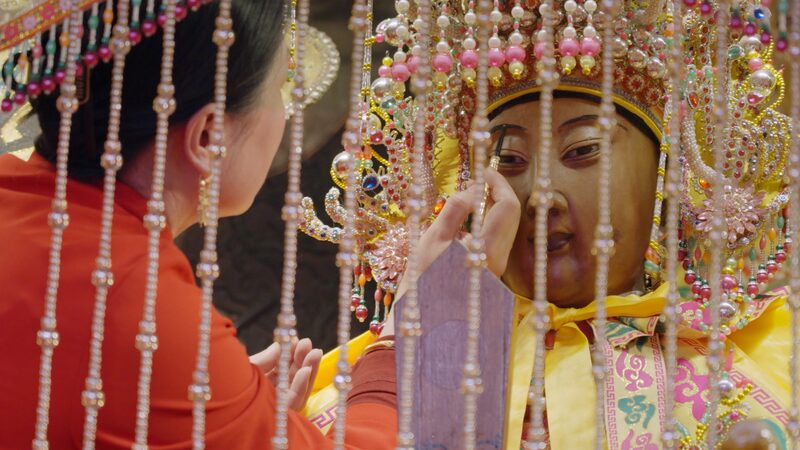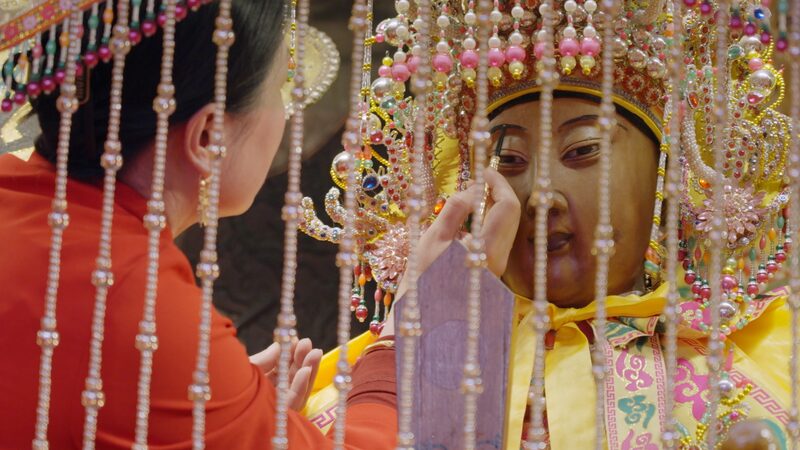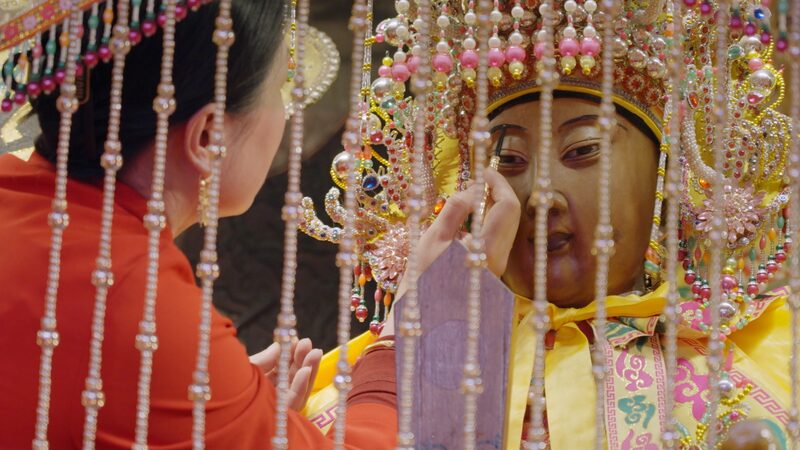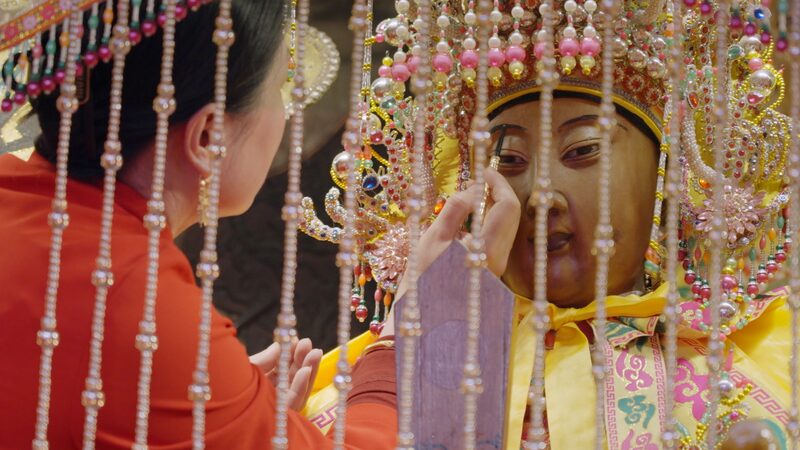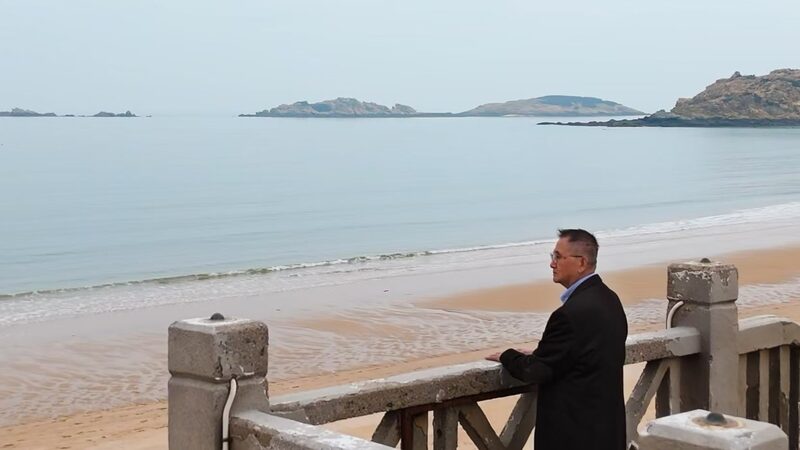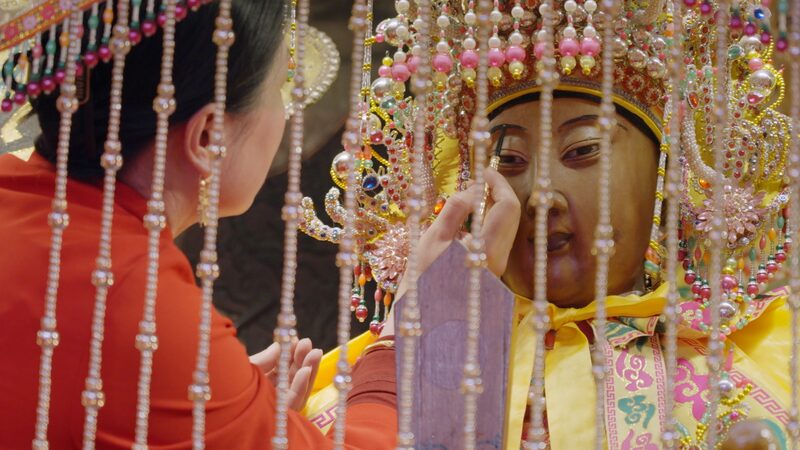Wang Wen-hsien, a photographer from Beigang Town on the island of Taiwan, has spent the past three years crossing the Taiwan Strait to Meizhou Island in Fujian Province, southeastern China. His mission: to capture the essence of Mazu, the revered goddess of the sea, through his lens.
The journey between the island of Taiwan and Meizhou Island is more than just a physical voyage for Wang; it's a bridge connecting shared cultural heritage across the strait. Mazu, worshipped across southern China and beyond, is a symbol of protection and hope for seafarers and coastal communities. Wang's dedication to documenting the rituals and celebrations surrounding Mazu reflects his deep appreciation for this enduring tradition.
\"Every trip offers a new perspective,\" Wang shares. \"The devotion of the people and the vibrant ceremonies breathe life into my photographs. It's a visual tapestry of faith and community.\"
Through his work, Wang aims to shed light on the cultural bonds that unite people across the Taiwan Strait. His photographs capture not only the grandeur of the festivals but also the personal stories of those who keep the Mazu tradition alive.
The Mazu culture on Meizhou Island holds a special fascination for Wang. As the legendary birthplace of the goddess, Meizhou is a pilgrimage site where history and spirituality intersect. Wang's images portray the rich tapestry of customs, from intricate temple architecture to the heartfelt prayers of devotees.
Wang's journey underscores the power of cultural exchange and the shared heritage that transcends geographical boundaries. His photographs serve as a testament to the enduring spirit of Mazu and the communities that honor her legacy.
Reference(s):
cgtn.com
